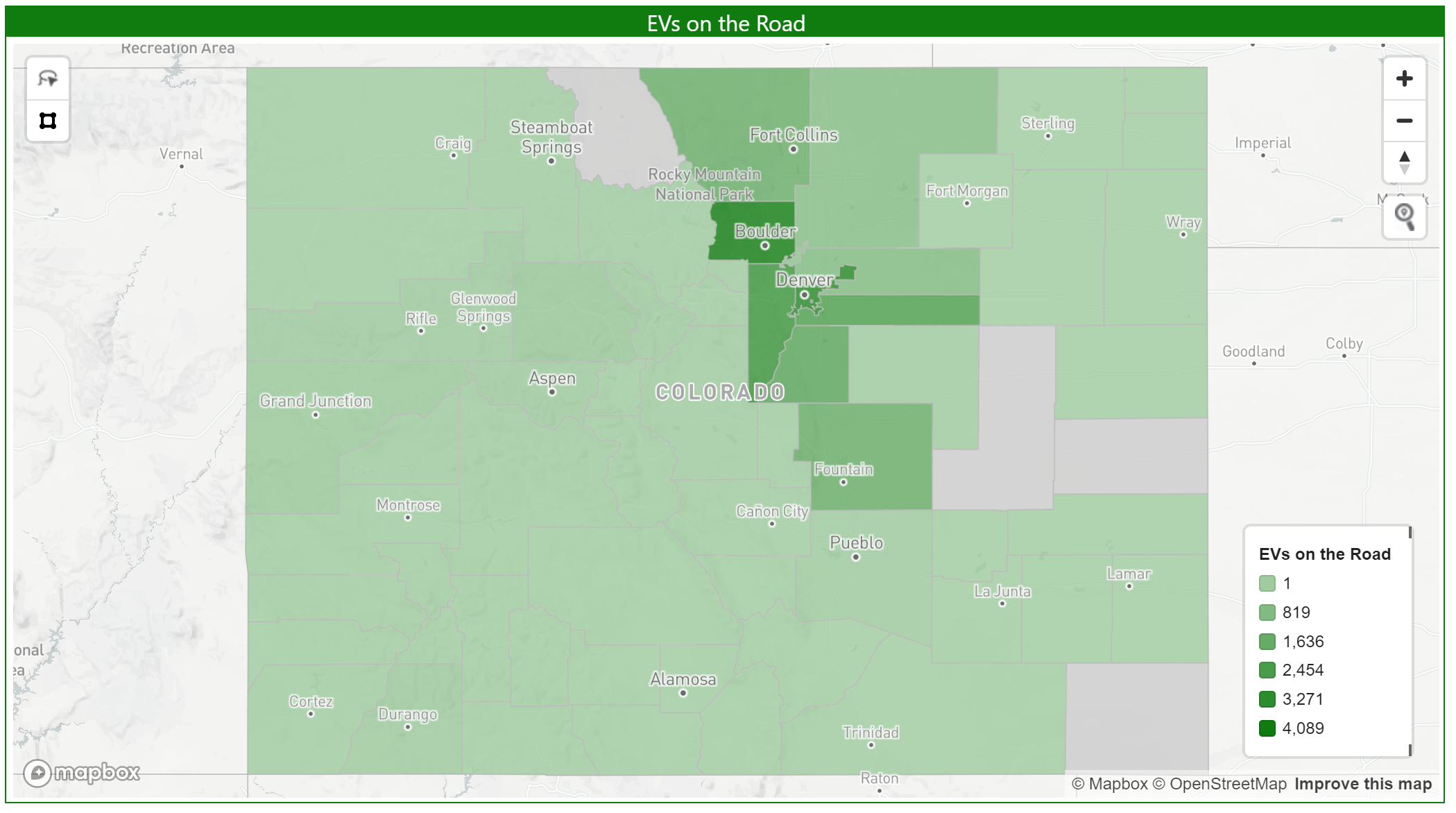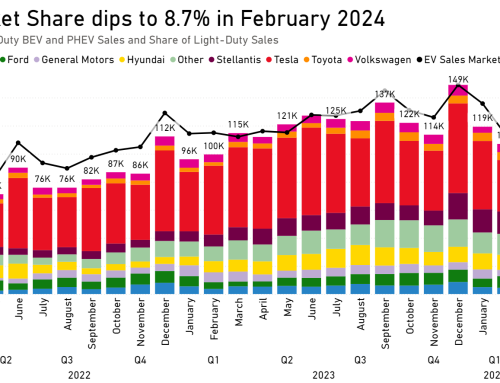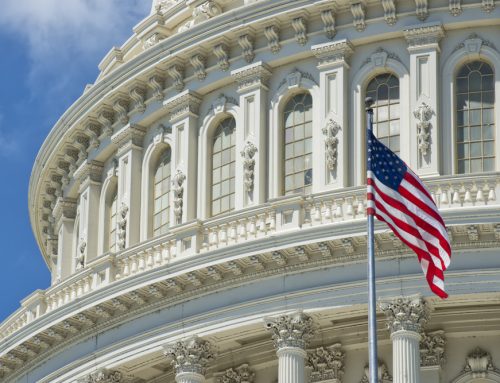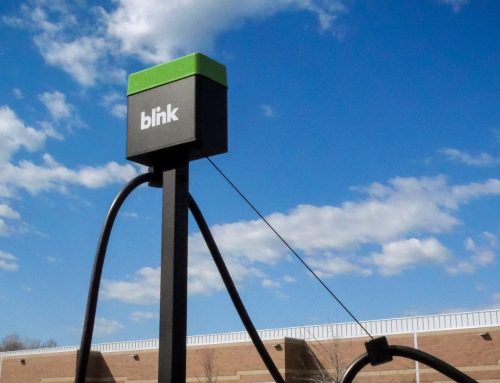
In deciding to join the Zero Emission Vehicle (ZEV) Program last Friday, Colorado demonstrates again that it wants to lead on EV policy. So far in 2019, Colorado has enacted more than five new policies supporting the expanding transportation electrification market in the state. Oregon and Washington are the only other states to enact more than one EV policy in 2019, with two new laws apiece. The recent decision to join the Zero-Emission Vehicle (ZEV) Program makes Colorado the 11th state to adopt the California-led initiative to increase EV adoption.
Initiated by the golden state in 1990, the ZEV program is expected to result in EVs accounting for eight percent of new vehicle sales in California by 2025. Nine other states including Oregon, New York, New Jersey, Maryland, Connecticut, Rhode Island, Massachusetts, Vermont, and Maine have adopted the program that requires leading automakers to electrify their offerings. Colorado is the first state away from the coasts to join the group and could spur neighboring states that have already indicated interest, including New Mexico to join as well.
The ZEV program along with other new policies in Colorado should help support the burgeoning EV market in the state. Through the end of 2018, Colorado ranked sixth out of all states in terms of EV adoption per person. Through a new collaboration with the Colorado Energy Office, we’re happy to add Colorado to the State EV Registration Data. We’re sharing with the public local EV registration data for 11 other states, allowing everyone to track EV deployment by ZIP code and/or county. We also recently added a new dashboard on this page to animate the data; in Colorado, the dashboard reveals a high concentration of EVs in the Denver metro area where there is more access to charging infrastructure. Denver has committed to expanding charging infrastructure access throughout the city as a part of the EV Shared Mobility project.
Public programs throughout the state are also seeking to accelerate EV and infrastructure deployment. The state has received a total of $33 million in public funds, almost all of which is being allocated to electric transit bus purchases. Colorado has invested almost $14 million in electric transit buses through the VW Settlement. This represents more than 16 percent of the total $86 million VW Settlement funds invested in electric transit buses nationwide. Based on their mitigation plan and executive orders issued in January, almost $50 million remains for investment in transportation electrification.
Colorado also has an opportunity to increase the role of electric utilities in the EV market. Utilities in Colorado have not yet proposed significant transportation electrification programs. This is likely to change, however, with the recent enactment of legislation that directs utilities throughout the state to step up EV and charging infrastructure investment.
Colorado is not the only state that is seeking to integrate policy development with public funding and utility investment. Other ZEV states including New York and New Jersey have taken similar approaches to establish dynamic transportation electrification strategies. State-specific leadership is frequently highlighted in the EV Hub Quarterly Reviews, which draw on all of the dashboards available on the EV Hub to explore major milestones in the EV sector.


